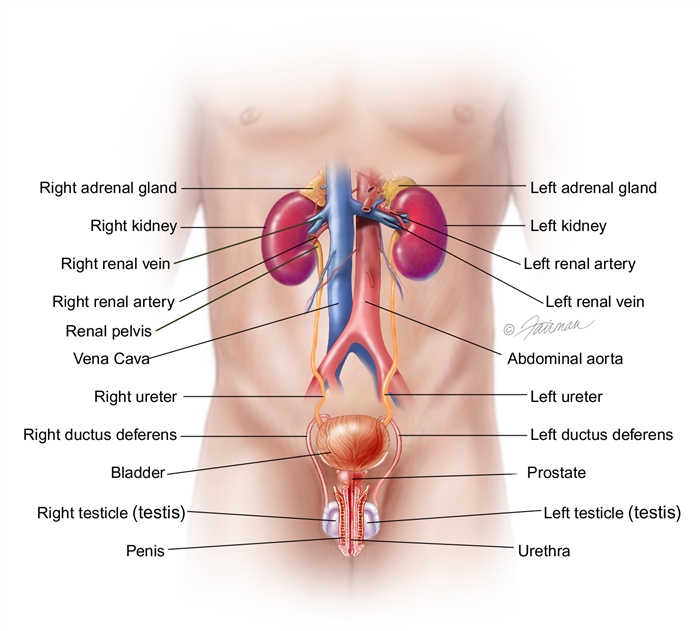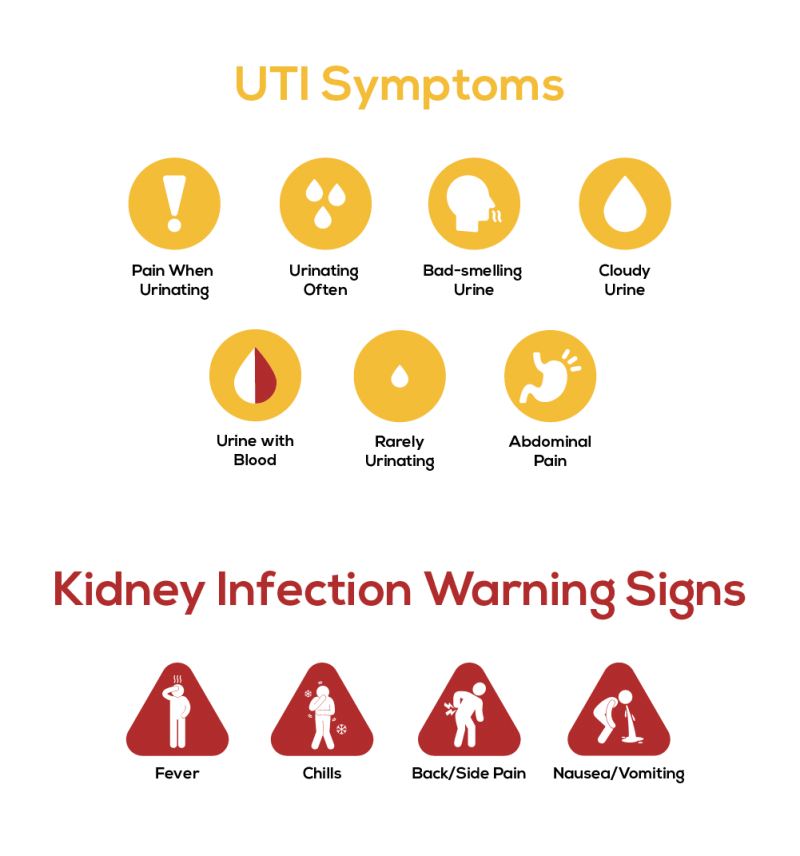https://philaholisticclinic.com/kidney-infections-treatment/
Kidney Infections Treatment
Kidney infections treatment
Kidney infections treatment is important and should start as soon as the condition is diagnosed. Kidney infections can become severe and spread to other parts of your body if not treated promptly. It is a chronic disease that occurs due to other parts of the urinary tract, such as the bladder and urethra. kidney infections can be treated at home or in a hospital; this will depend on several factors, including the severity of the symptoms and the general health of the patient.

It is important that the person completes treatment for a kidney infection and follows their doctor’s instructions.
In this article, we will discuss the most common and most effective treatments for kidney infections.
What are the treatment options?
- Antibiotics usually clear up the infection. An antibiotic is usually prescribed right away if a kidney infection is suspected, before the result of a urine test is known. Some germs (bacteria) are resistant to some antibiotics. Therefore, it may sometimes be necessary to change the antibiotic if your urine test shows a microorganism (bacteria) that is resistant to the initial antibiotic. The course of antibiotics is 7-14 days, depending on which one is used. Commonly used antibiotics for kidney infections are ciprofloxacin, cephalexin, co-amoxiclav, or trimethoprim. If you are being treated at home, you will usually be prescribed a course of antibiotic tablets or capsules lasting between 7 and 14 days. Usually, you will start feeling better soon after starting treatment. Most patients who are diagnosed and immediately treated with antibiotics recover after about 2 weeks. Older people or people with underlying conditions may take longer to recover.
- Analgesics such as acetaminophen can relieve pain and reduce a high temperature (fever). Stronger pain relievers may be needed if the pain is more severe and persistent. Nonsteroidal anti-inflammatory pain relievers such as ibuprofen are generally not recommended for a person with a kidney infection. This is because they can cause even more severe problems with kidney function during a kidney infection.
Pyelonephritis is the medical term for kidney infections. But, first, let’s understand what is kidney infection in brief.
What is a kidney infection?
Kidneys are affected due to a bacterial infection in other parts of the body like the urinary tract. It mainly occurs if the bacteria is not properly flushed out with urine and may damage one or both kidneys. Escherichia coli, popularly known as E. coli, is the most common bacteria responsible for 80% of kidney infections.

Causes of kidney infections
Kidneys filter the waste and help to flush it out of the body in the form of urine. The two fist-sized kidneys in the upper abdomen are also responsible for regulating water and healthy blood circulation in the body.
Bacteria named Escherichia coli, enter the body through the urinary tract through the urethra and cause a malfunction in the system. These bacteria are the core cause of kidney infections. They spread through all other parts of the body if not diagnosed or treated promptly.
There are several other causes for kidney infections such as surgery of the bladder, anything that blocks the flow of urine, kidney stones or tumors, other body parts are affected with infections, bacteria spread, can cause kidney infections, etc.
Though the causes mentioned above are not so common, they do exist. Kidney functions are essential for a healthy body. Therefore proper care should be taken, and kidney infections treatment should be done on a priority basis.
Symptoms of kidney infections

Generally, the symptoms of kidney infections are not immediate. Instead, they show up gradually, but it is always advisable to consult a doctor even if you face a slight discomfort.
- Fever and chills
- Stomach flu
- Vomiting and fatigue
- Frequent urination or motion
- Pain in your bladder or while urinating
- Back or side ache
- Pain in your abdomen
- Blood in the urine
- Foul smell from urine
- Not able to urinate despite the urgency to urinate
- Pus formation in the urine
- Cloudy urine
- Backflow of urine from the bladder to the kidneys
Children aged 1-2 years may have only a high fever, and adults above 60+ may only have speech issues and other symptoms. However, kidney infections should be treated at an early stage; otherwise, they could be life-threatening diseases.
Diagnosis of kidney infections
More than physical, you have to be prepared mentally. Many people skip consulting a doctor as they feel discomfort in answering a few questions.
There is a simple procedure you need to follow to know if you are facing kidney infections.
- Firstly, the doctor will check your medical profile and history of your medical assessments, if any. Then the doctor starts with basic questions to begin the process.
- Then you will be asked to give a urine sample to check whether you are infected with the bacteria and proceed with further urinalysis.
- A CT scan and ultrasound might require as it provides a clear picture of your kidneys.
After receiving the final reports of your test, the doctor will start your treatment based on the severity of the infection. If the condition is mild, the doctor recommends antibiotics one or two per day for 10-14 days. Once the prescribed course ends, you need to revisit the doctor for your regular check-up. If the infection continues and is serious, then the doctor might ask you to stay at the hospital for further treatment.
Natural treatment for kidney infections
No matter how much we elevate the importance of kidney infections and treatments, few people prefer not to go to hospitals and trust machines to get their full-body check-ups done at the early stages of symptoms. Instead, they always believe in natural remedies more than antibiotics. So let’s discuss natural remedies for kidney infections.
Home remedies for kidney infections
If you have mild symptoms of fever and vomiting, then it is advised to treat at home. Although if you are facing some severe signs of illness that didn’t go away even after taking precautions, it is advised to consult a doctor.
Hydrate yourself
The first and foremost crucial for a healthy lifestyle is hydration. Hydrating your body is as important as watering a plant every day. It helps you to flush out all the toxins from your body and keeps you clean. In addition, water regulates the flow of blood circulation and provides oxygen to all parts of your body.
That’s why this hydration is topping the list of home remedies for kidney infections.
If you cannot take plain water, try adding flavor to it, like lemon water, jeera water, etc. Eat water-rich fruits like apples, watermelon, bananas, berries, etc.
Avoid caffeine
Caffeine is the most dangerous drink ever. It acts as a slow poison, and the reason being is, if you intake caffeine, it stimulates your brain and makes you alert. Due to which you will have a disturbed sleep cycle and get dehydrated very quickly. This may cause a lot of trouble as your kidneys might have to do extra work of filtering the harmful toxins.
Avoid alcohol
Large amounts of alcohol not only affect your physical body but also harm your mental strength. In addition, it causes anxiety and increases the level of your stress hormones. This may open the way for bacteria to enter the body and cause kidney infections.
Consume juices
Cranberry and apple juice have a history of healing kidney infections. In addition, apples are known for their anti-inflammatory properties, and cranberry juice may help prevent Urinary tract infections in few people.
Many people prefer juices to water as it is tasty and healthy too.
Homeopathic treatment for Pieloneuphritis
The results from homeopathic treatment for kidney infections are very positive. So, people these days started using homeopathy medicines rather than spending lots of money on antibiotics and English medication.
Cantharis
Cantharis is the best medicine to cure pain in your bladder while urinating. It is a highly recommended medicine when you struggle passing urine in spite of having an urge to urinate.
Aconitum Napelus
Aconite is used when a person has a burning sensation every time while passing urination. Homeopathic physicians recommend Aconite when a person is having trouble passing urine or feels anxious passing the urine.
Nux Vomica
Nux Vomica is commonly prescribed to patients that suffer from the irritable bladder with a constant need to urinate and passing only small amounts of urine. Burning or cramping may be felt in the bladder area, with an itchy sensation in the urethra as urine flows. The person may feel very irritable, impatient, and cautious. Symptoms can be relieved with hot baths or other forms of heat.
Belladonna
The homeopathic remedy Belladonna is recommended if the urine is dark-colored. If the person has the urge to urinate but can only pass few drops, Belladonna is at your rescue.
Herbs for kidney infections
The best and purest form of medicine is herbs. Herbs for kidney infections have the magic to cure any form of discomfort caused to your system.
Garlic
The most powerful herb for kidney infections is garlic. It can take down any disease. Garlic has the component known as allicin, which is responsible for healing. Research says that garlic has medicinal properties that help to prevent or treat kidney infections.
Green Tea
Green tea is the healthiest drink ever. It helps you to stay hydrated and look younger. However, research states that it has few components that can fight against Escherichia coli bacteria.
Cranberry
Cranberries are a delight. It has taste, color, texture, smell, and components to defeat bacteria. What more is needed in any herb. Cranberry or its juice has helped in healing kidney infections for few people. However, more research on humans is to be run to validate the statement on cranberry.
Bearberry leaf
We have searched for the solution to cure kidney infections in the wilderness and got the bearberry leaf as an answer. This was the traditional practice to cure UTIs. The bears love the berries of this plat, and that’s how it was named bearberry leaf. Research states that it has strong components to fight against bacteria, but we need more proof to validate the statement.
Conclusion
Your health depends on your lifestyle. If you are meditating, exercising, or practicing yoga, then you may recover soon from the infection. But, if you are not in good health, then the severity increases. If you are not looking into the disease seriously and delay the process of kidney infections treatment, then you’ll have a dangerous outcome. In some cases, you may also end up damaging the kidney permanently. Because of the shorter urethra, women are more prone to get kidney infections than men. In addition, the urethra in women is close to the vagina and anus, making it easier for the bacteria to travel to the kidneys.
A poor healthy lifestyle means a lower immune system, which is the bonus point for the bacteria to enter your system and attack your body. The researchers state that the higher cases were registered among younger females, infants, and older adults.
If you have any doubt or face any discomfort, consult your doctor. However, please do not delay your treatment as it may have severe repercussions on your health. Instead, make your lifestyle healthier and live the healthiest.
For holistic treatment using natural remedies for kidney infections contact Philadelphia Holistic Clinic to schedule your appointment with Dr. Tsan and discuss what are your best options for the treatment of kidney infections.
You can also schedule your initial evaluation using our online secure application or by scanning the QR code below.

Comments
Post a Comment